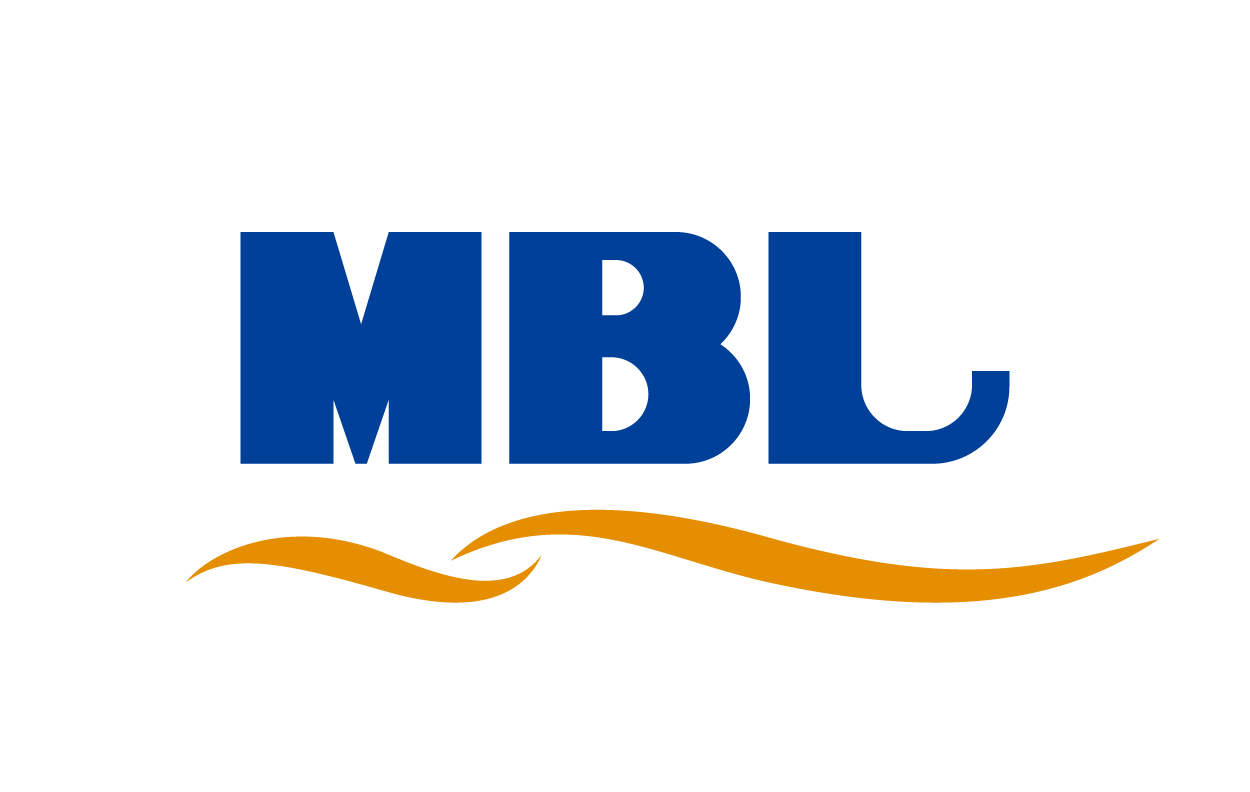On-demand Webinar
Practical use of endoderm derived organoids generated from non-human primates
Ken Iwatsuki

| Nagoya University, Agricultural Chemistry(B.S.)
1999
| University of Tokyo, Animal Resources and Sciences
| ( Ph.D.)
2000-2002
| Tokyo Metropolitan Institution of Medical Science
2003-2007
| Mount Sinai School of Medicine
2007-2013
| Ajinomoto. Co. Inc.
2014-now
| Tokyo University of Agriculture
Lecture content
We have generated intestinal organoids from mice, chickens and asian house shrews by the method established by Sato et al. (Nature , 2009), to investigate the function of endoderm derived sensor cells. In order to extrapolate from animal experiments to human, we have recently introduced a non-human primate organoid culture system. Here, I will introduce our effort to generate organoids from monkey intestines, tongues and pancreases.
Request form for on-demand viewing

About MBL
MBL was founded in 1969 as the first manufacturer of antibodies in Japan. Using technology built on advances in immunology and molecular biology, MBL offers clinical diagnostics and research reagents designed for analysis of proteins and/or genes associated primarily with autoimmune disorders, cancer, gynecological diseases, and infectious diseases. In recent years MBL has also been actively developing biomarker reagents and companion diagnostics, taking advantage of our strength in immunological and gene detection techniques.
